Share the post "The Best Soccer Nutrition Tips for Peak Performance: Expert Advice for Top-Level Energy"
Soccer players’ performance can improve with good diet. This fuel propels running, tackling, and hitting the ball as well as cognitive activities like strategy and coordination. We frequently forget that a well-balanced diet can help soccer players perform better in training and games.
Due to the sport’s intensity, a healthy nutrition plan is crucial. To perform well, soccer players need a mix of macronutrients for endurance and strength and enough water. Post-game recovery is essential for muscle regeneration and energy replenishment. A skilled sports nutritionist can help match food plans to training and competition schedules, improving athletic performance.
Key Takeaways
- Soccer requires significant physical and cognitive demands, thus nutrition is crucial.
- Peak performance requires carbs, proteins, lipids, and fluids.
- The body needs post-game nutrition to heal and prepare for the next challenge.

Macronutrients for Soccer Players
As dedicated sports nutritionists, we constantly emphasize the importance of a well-balanced diet that is rich in macronutrients. These are the building blocks that fuel our performance, repair our muscles, and provide sustained energy throughout the most grueling matches.
Carbohydrates: Fueling the Game
Carbohydrates are our main source of energy. When we play soccer, our bodies convert carbohydrates into glucose, which fuels our muscles during both training and games. We advise focusing on consuming complex carbohydrates like whole grains and vegetables, which provide a steady release of energy.
For instance, aiming for about 500 grams of carbohydrates to replenish glycogen stores is a strategic approach for those looking to optimize their energy levels.
Proteins: Building and Repair
We can’t talk about peak performance without highlighting the role of proteins in muscle repair and growth. After a grueling 90-minute match or an intensive training session, our muscles need proteins for recovery and repair. Incorporating lean proteins such as chicken, fish, and legumes in our diet is crucial.
We might consume 262.5 grams of protein if we weigh 175 pounds to ensure proper muscle recovery and growth.
Fats: Sustained Energy
Lastly, let’s knock the myth that fats are detrimental. In reality, fats are vital for long-term energy, hormone production, and nutrient absorption. A balance of saturated, monounsaturated, and polyunsaturated fats should fill the remainder of our caloric intake. Healthy fats can be found in foods like avocados, nuts, and olive oil.
We recommend that about one-third of our fat intake should come from each of these types: saturated, monounsaturated, and polyunsaturated fats, so our bodies can utilize these fats for sustained energy and overall health benefits.

Hydration Strategies
Proper hydration is a game-changer for peak soccer performance. We’re here to break down the best hydration tactics to keep you running strong all match long.
Water Intake Guidelines
Hydration starts well before the whistle blows. It’s vital that we sip water throughout the day, ensuring we begin the game in a state of euhydration, which simply means well-hydrated. To prevent dehydration, follow the practical advice of consuming 150 to 200 ml of water every 15 to 20 minutes during the game. But remember, it doesn’t stop at the final whistle. Replacing fluids lost during a match is critical for recovery.
- Morning: Drink two glasses of water upon waking up.
- Pre-Game: 150 to 200 ml water every 15 to 20 minutes.
- Post-Game: Aim to replace 125% to 150% of fluids lost during the game, within 4 to 6 hours.
Electrolytes and Performance
Electrolytes aren’t just a buzzword—they’re essential salts that help us maintain nerve and muscle function during intense activity. When we sweat, we lose these precious electrolytes, particularly sodium and potassium, which is why incorporating fluids supplemented with electrolytes can be a game-changer for performance and recovery.
- During the Game: Opt for fluids that contain electrolytes to replenish the salts lost through sweat.
- Post-Game: Choose electrolyte-rich drinks to aid in efficient and effective rehydration.
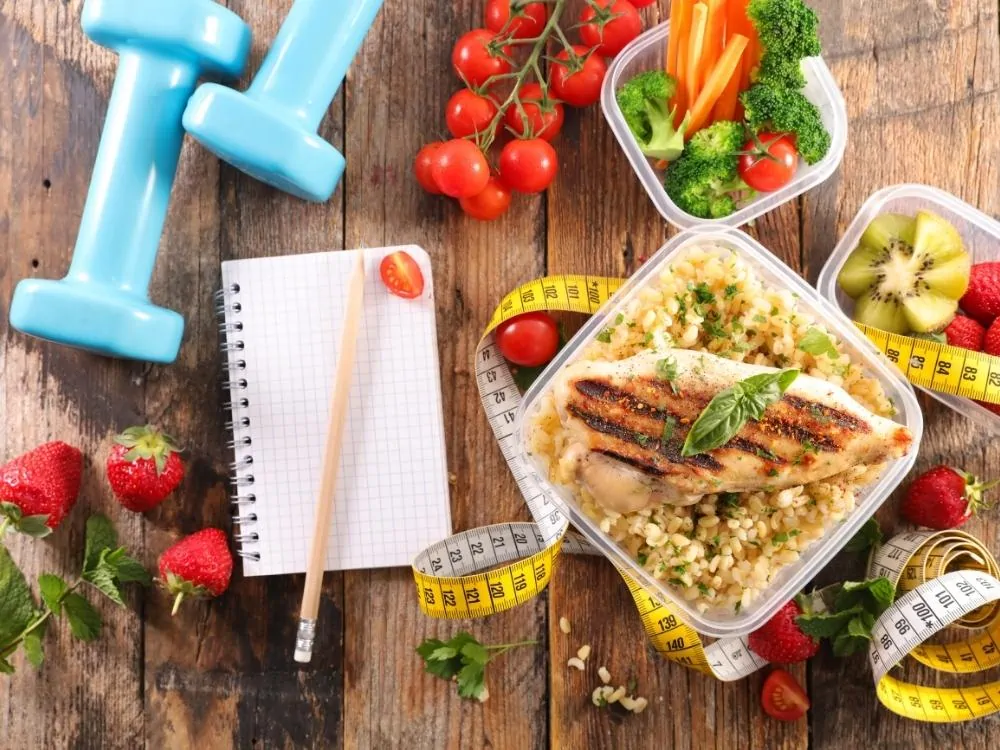
Pre-Game Nutrition
In the hours leading up to kickoff, we focus keenly on the specific types and timing of nutrients we consume to ensure we’re game-ready. It’s all about maximizing our energy levels and ensuring sustained performance on the field.
Meals and Macros
We aim for a meal that’s rich in complex carbohydrates because they are our main energy source. Carbohydrates are important to stock up on our glycogen stores for enduring performance. A proportion of lean proteins aids in muscle repair and recovery, while fats should be consumed in moderation as they digest more slowly. Here’s a quick breakdown:
- Carbohydrates: Aim for 60-70% of the meal
- Proteins: Roughly 15-20%
- Fats: Keep it to 10-15%
An ideal pre-game plate might look something like this:
- Whole grain pasta or brown rice
- Grilled chicken breast or legumes
- Steamed vegetables
- A side of fruit for some natural sugars and fiber
Timing Your Intake
Timing is everything when it comes to pre-game nutrition. We eat our main meal approximately 3-4 hours before the game to allow for digestion and to avoid any stomach discomfort. This window ensures we make the best use of the digested food for energy. Here’s our typical timeline:
- 3-4 hours before: Main meal with complex carbs, moderate protein, and low fat
- 30 minutes to 1 hour before: A light snack, such as a banana or a small granola bar, for that last bit of fuel
By adhering to this schedule, we give our bodies the best chance to convert our pre-game meal into high-performance fuel.
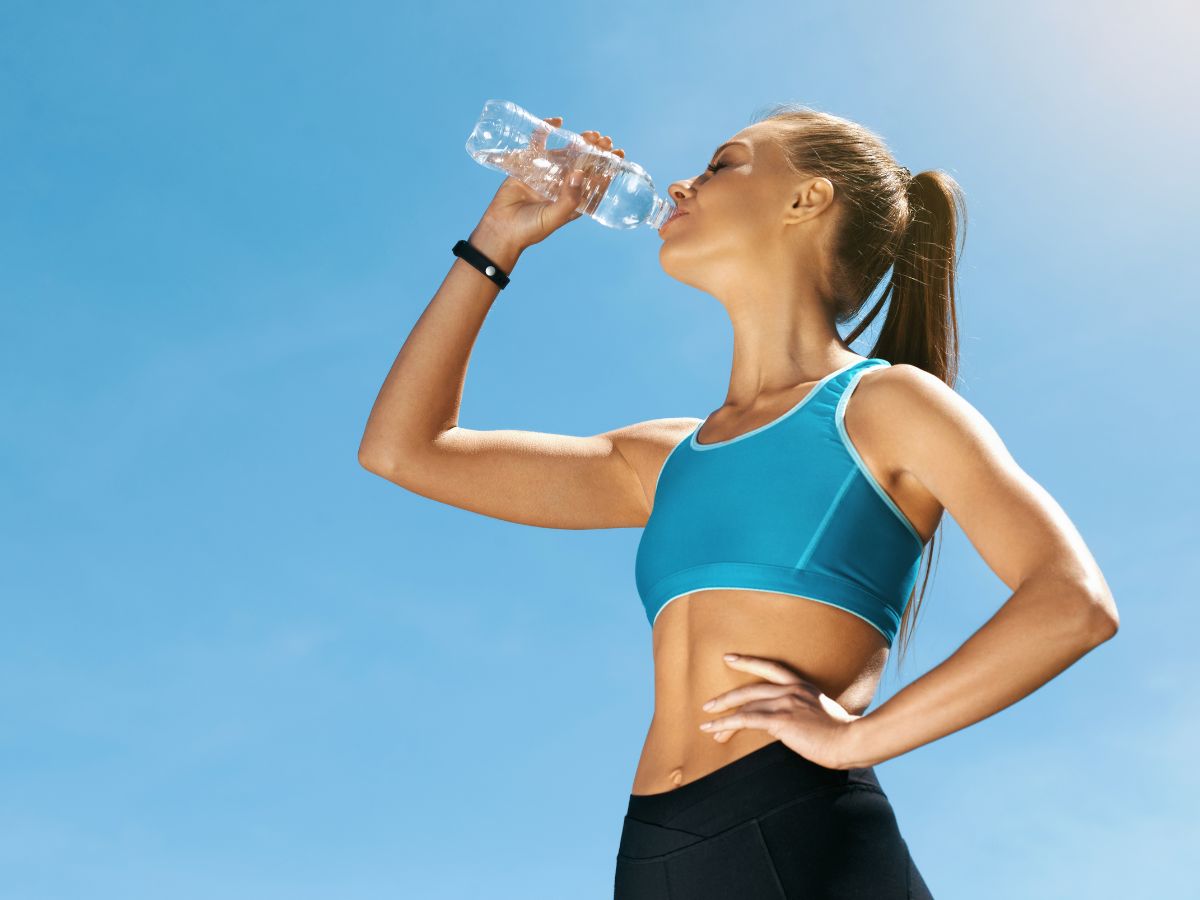
Nutrition During the Game
Proper nutrition while you’re on the field is crucial to maintain your energy levels and performance. We’re focusing on providing our bodies with quick energy boosts and ensuring we stay well-hydrated throughout the game.
Quick Energy Boosts
When we need an immediate energy supply during the match, our go-to should be simple carbohydrates. These can be rapidly absorbed and converted into the energy we need for those high-intensity sprints or quick plays. Here’s what we can keep on hand:
- Bananas: Packed with quickly absorbed carbs and potassium for muscle function.
- Energy Gels: Convenient and designed to provide a fast energy release when it matters.
Having something portable and easy to digest is key so that we can keep our focus on the game.
Maintaining Hydration
We can’t talk about performance without mentioning hydration. Losing just 2% of our body weight in fluids can decrease our performance significantly. To keep our hydration levels optimal, follow these specifics:
- Water: It’s essential to drink about 7-10 oz of water every 10-20 minutes during the game.
- Electrolyte-Replenishing Drinks: These are vital to replenish the salts lost through sweat, and should be used especially in hot and humid conditions.
Staying hydrated helps us to keep our concentration sharp and our muscles cramp-free.

Post-Game Recovery
After an intense match, our primary goals are to refuel and repair. We’re looking to quickly replenish lost energy and start the muscle repair process. Let’s dive right into the optimal ways to achieve peak post-game recovery.
Replenishing Energy Stores
We focus on carbohydrates immediately after a game to replace the muscle glycogen we’ve spent. A ratio of 3:1 carbohydrates to protein is often recommended, with an emphasis on quick-absorbing carbs to speed up recovery. Options like bananas, rice, pasta, or even a specially-formulated recovery drink are excellent sources to kick-start the replenishment.
- Quick Carbs for Fast Refueling:
- Bananas
- White rice
- Pasta
- Recovery drinks
Protein and Muscle Repair
Next, we prioritize protein intake to aid in muscle repair. Consuming a source of high-quality protein within 30 minutes post-game ensures that our muscles have the necessary building blocks to begin recovery. Whether it’s through a lean chicken breast, a whey protein shake, or yogurt, we make sure to include protein in our post-game nutrition strategy.
- Sources of High-Quality Protein:
- Chicken breast
- Whey protein shakes
- Greek yogurt
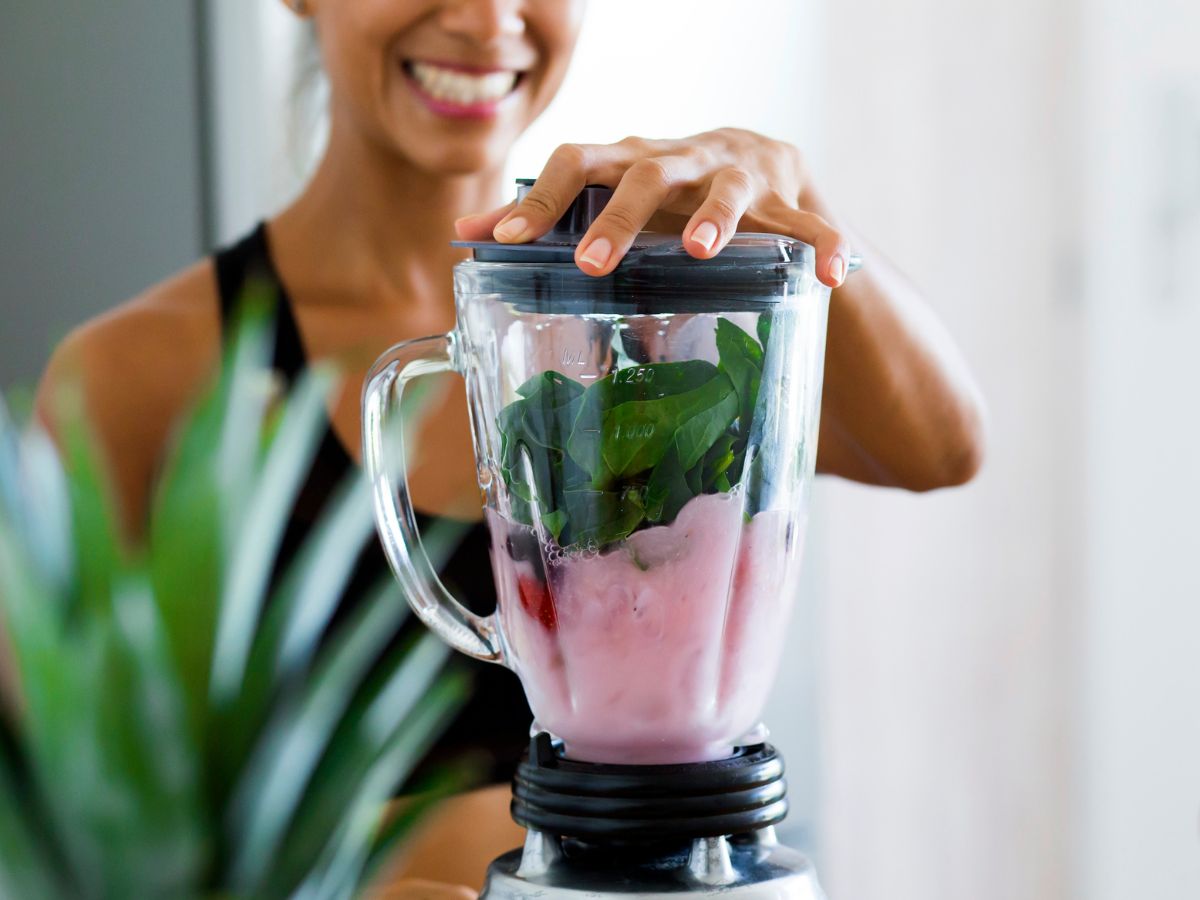
Supplements for Soccer Players
When we step onto the field, it’s essential to ensure our bodies are prepared for the physical demands of soccer. While a solid diet is the foundation of good nutrition, supplements can play a supportive role in helping us achieve peak performance.
Vitamins and Minerals
It’s crucial for us to get a broad range of vitamins and minerals to support overall health and athletic performance. For soccer players, certain vitamins and minerals are particularly important:
- Calcium: for bone health
- Iron: to help carry oxygen to our muscles
- Magnesium: for muscle function and energy production
- Vitamin D: for bone strength and immune function
- B Complex Vitamins: for energy production and recovery
We can find these essential nutrients in a well-rounded diet, but sometimes we might need to supplement, especially when our training loads increase.
Performance Enhancers
As we push our limits on the field, there are a few supplements that may enhance our performance:
- Creatine: Helps increase our power and strength, aiding short bursts of intense activity typical in soccer. Discover how creatine can be an essential addition for us.
- Beta-Alanine: Helps with endurance during those long matches or late-game pushes.
- Branched-Chain Amino Acids (BCAAs): Can support muscle recovery and reduce soreness after strenuous training sessions.
While considering these performance enhancers, it’s important for us to remember that these supplements are most effective when used to complement a nutritious diet and a well-planned training regimen.
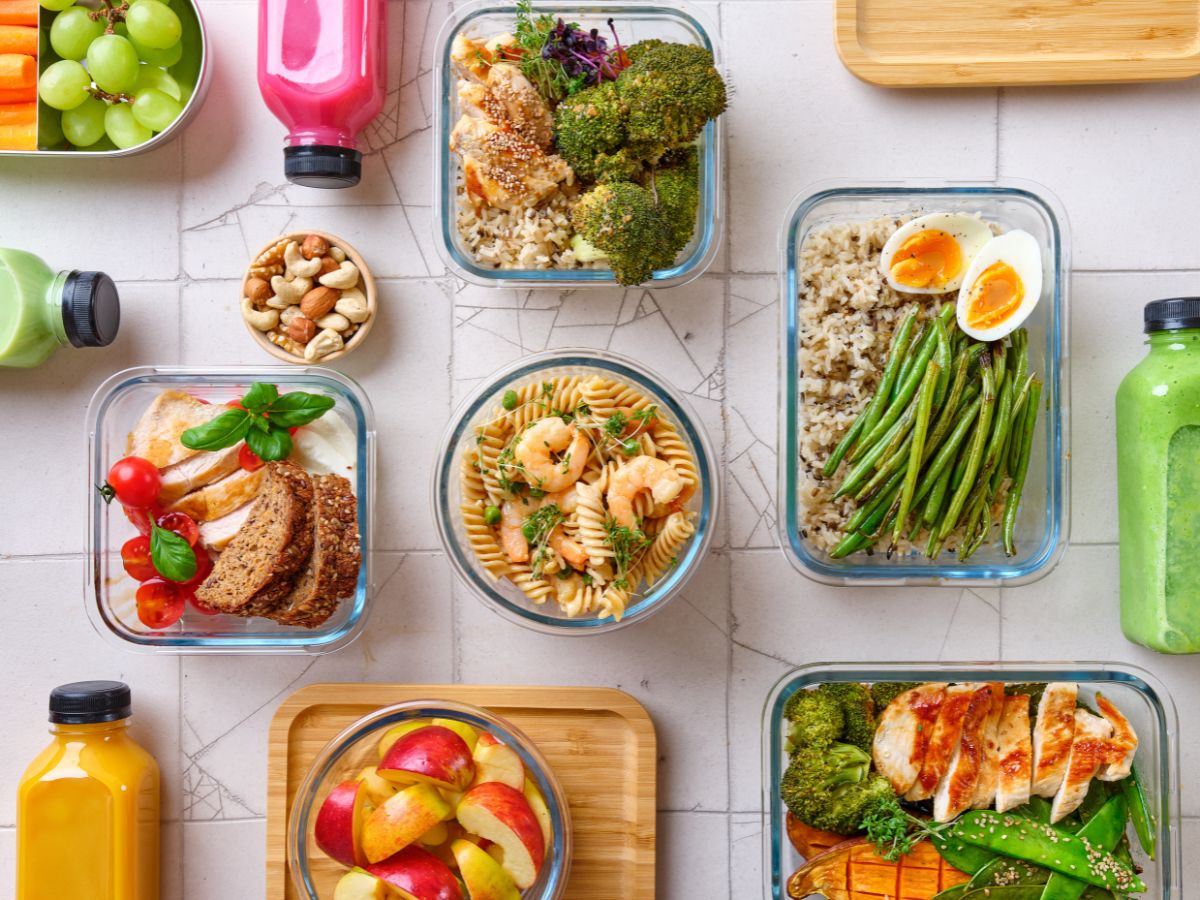
Meal Planning for Soccer Players
We all know that a well-thought-out meal plan is a game-changer on the soccer field. Let’s break down how to keep our nutrition on target every day and adapt our meals to fit our intense training cycles.
Daily Meal Patterns
In our daily meal routine, we focus on three main meals and 2-3 snacks to keep our energy levels high. A balanced plate for us includes:
- 1/3 Protein: chicken, fish, tofu, or legumes
- 1/3 Carbohydrates: whole grains, pasta, or starchy vegetables
- 1/3 Color: fruits and vegetables for vitamins and minerals
- Healthy fats: a few servings from sources like avocados, nuts, or seeds
Regular hydration is non-negotiable, with water being our mainstay. Incorporating foods that are rich in electrolytes, like bananas and yogurt, supports our fluid balance throughout the day.
Adapting to Training Cycles
During heavy training periods, our body’s nutritional requirements shoot up. We adjust our plates accordingly:
- Pre-Training:
- Increase carbohydrates for sustained energy.
- Maintain protein intake to support muscle repair.
- Keep fats moderate but present for overall health.
- Post-Training:
- Uptick in protein to repair and build muscles.
- Replenish glycogen stores with carbohydrates.
- Integrate antioxidants from fruits and vegetables to combat exercise-induced stress.
On rest days, we tweak our plates to lower carbohydrate intake slightly because our body is not expending as much energy. However, protein remains crucial even on these days to aid in recovery.
Key to our meal planning is the division of our plate into macros: proteins, carbs, and fats, adjusted based on whether it’s a training day or rest day. This keeps us at the top of our game, both in training and on match day.
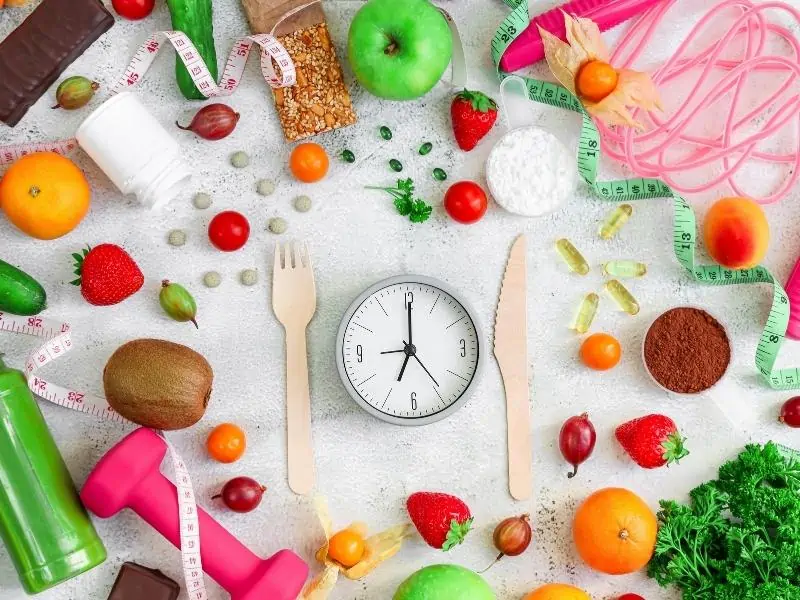
Nutrition Off the Field
Eating right isn’t just for game days; it’s about maintaining an optimal diet to support our active lifestyle. Our off-the-field nutrition fuels our training days, recovery, and affects our overall well-being.
Rest Days Eating
On our rest days, we focus on supporting muscle repair and managing inflammation. Our bodies crave a combination of protein, anti-inflammatory omega-3 fats, and plenty of antioxidants that come from vibrant fruits and vegetables. Here’s how we break it down:
- Proteins: Lean meats, legumes, and tofu
- Fats: Avocado, nuts, and seeds
- Antioxidants: Berries, kale, and spinach
- Complex Carbs: Quinoa, brown rice, and sweet potatoes
By maintaining a consistent intake of these nutrients, we ensure our muscles have the materials they need to rebuild.
Balanced Lifestyle Nutrition
We’re not just athletes; we’re also people who crave a balanced and satisfying diet. Here’s how to balance our plates for a well-rounded diet:
- Fill half with fruits and vegetables: These are packed with vitamins, minerals, and fiber.
- A quarter should be whole grains: They provide the energy we need to sustain our daily activities.
- The last quarter is for protein sources: They’re crucial for muscle repair and growth.
By sticking to these ratios, we enjoy a varietal nutrition plan that covers all our bases, ensuring that we’re well-fueled for both our athletic ambitions and our day-to-day activities.
Common Nutrition Mistakes
When we’re talking about peak performance in soccer, we can’t ignore the slip-ups in our diets that can sideline our success. Let’s get excited about correcting these!
Skipping Breakfast:
We might think we’re cutting calories, but missing the first meal of the day can lead to reduced energy levels and impaired performance. Breakfast kick-starts our metabolism and fuels us for the day ahead.
- Overlooking Hydration:
Staying hydrated is critical to our performance, yet it’s easy to forget to drink water throughout the day. Even slight dehydration can impair our ability to play at our best.
Neglecting Post-Workout Nutrition:
After intense training or a match, our bodies need nutrients to recover. Skimping on recovery meals or choosing the wrong foods can delay muscle repair and growth.
| Common Mistakes | Consequences |
|---|---|
| Inadequate Protein | Slower recovery, muscle fatigue |
| Too Much Junk Food | Reduced energy, potential weight gain |
| Mismanaging Carbs | Inconsistent performance |
Relying on Supplements Over Real Food:
We often go for convenience, but the truth is, whole foods should be our primary source of nutrients. Supplements are just the icing on the cake, not the cake itself!
Remember, these nutrition missteps are common but totally fixable. Let’s get our diets on the right track and watch our performance soar!
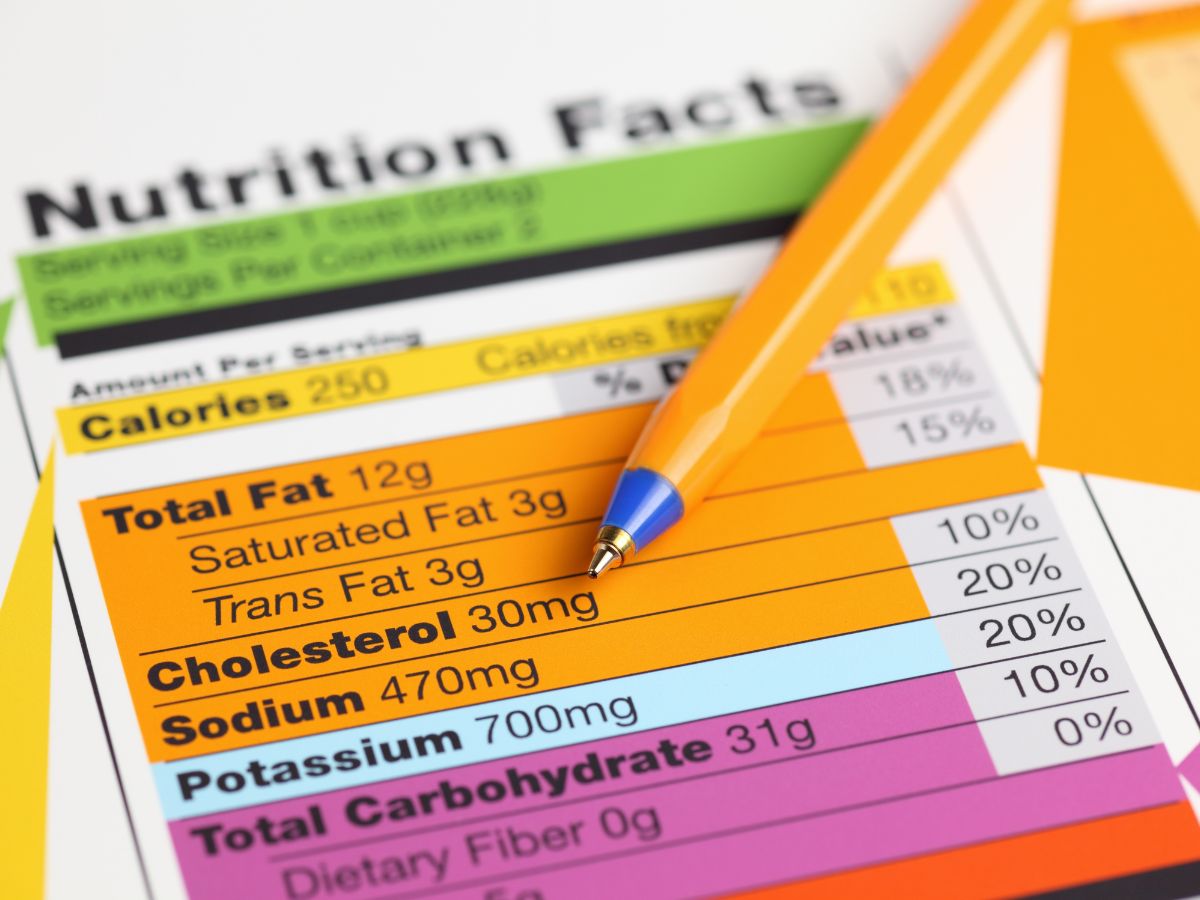
Working with a Sports Nutritionist
Working with a sports nutritionist unlocks our potential to achieve peak performance on the soccer field. These experts craft personalized dietary plans that fuel our bodies right. We get to understand the intricate balance of nutrients that support our training, recovery, and game-day excellence.
Personalized Plans: We receive guidance tailored to our specific athletic needs and goals, ensuring that our food intake optimizes performance. This can include macronutrient balancing, hydration strategies, and even meal timing.
Injury Prevention: Nutritionists help us create a diet that can reduce the risk of injuries. They introduce foods high in omega-3 fatty acids, antioxidants, and other nutrients key to maintaining strong, resilient bodies.
Recovery Support: After intense training or matches, our bodies need the right nutrients to repair tissue and replenish energy stores. A sports nutritionist equips us with a recovery plan that often includes protein-rich foods and complex carbohydrates.
Collaboration: We work hand-in-hand with these professionals who consider our lifestyle, preferences, and even taste palates. It’s more than just a plan; it’s a partnership for our health and performance.
Sports nutritionists are like our secret strategists, helping us to approach nutrition as a critical part of our soccer regime. They ensure that we don’t overlook this cornerstone and truly maximize our performance. With their knowledge, we not only play better but also feel better. They educate us on the impact of nutrition in our athletic journey, making it a game-changer for us—both on and off the field.
Share the post "The Best Soccer Nutrition Tips for Peak Performance: Expert Advice for Top-Level Energy"
Joel is a seasoned soccer journalist and analyst with many years of experience in the field. Joel specializes in game analysis, player profiles, transfer news, and has a keen eye for the tactical nuances of the game. He played at various levels in the game and coached teams - he is happy to share his insight with you.



